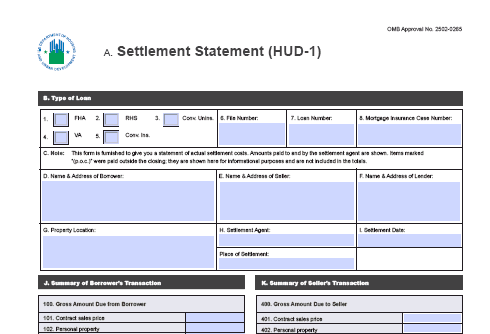If you thought inheritance taxes were complicated before, just wait for January 1.
The inheritance tax is abolished starting January 1. But it only stays abolished until December 31, 2010. On January 1, 2011, the old inheritance tax system returns, except that the amount that is free of inheritance tax changes to $1 million per person. Make sense? Of course not.
There is a new wrinkle that makes it all even more confusing. It’s this: Under the “old” system that expires December 31, 2009 and the new system that starts January 1, 2011, assets that the deceased owned received a “stepped-up basis.” This means that the value of an asset is reset to its value on the deceased’s date of death. For example, if a client bought a house in 1980 for $100,000 then died in 2009 when the house was worth $300,000, and the house was sold after the deceased’s death, so no capital gains tax was due when the asset was sold because the “basis” or cost of the house was increased to $300,000. This applied to all property owned by the deceased.
Well, the stepped-up basis rules all change on January 1, 2010. Now, “stepped-up basis” is replaced by the term “carry-over basis.” This means that the basis of the deceased property owner carries over to the heirs and is not stepped-up (but of course there are exceptions, naturally). If the asset is sold, capital gains tax must be paid by the heirs.
The new rules on carry-over basis are:
- $1.3 million or less in property still gets a stepped up basis.
- Any amount inherited over $1.3 million does not get a stepped-up basis. If this property is sold, capital gains tax will be paid by the heirs on the gain.
- An additional $3 million can be left to a surviving spouse and will get a stepped-up basis.
Complicating matters even more, Illinois decoupled from the federal inheritance tax system for a few years. This made is possible for large estates of over $2 million to pay inheritance tax to Illinois, but not to the U.S. Thankfully, for 2010, there is no Illinois inheritance tax to worry about.
What to make of all this? It is wise to review your will or trust with your attorney to address these complicated and ridiculous rules to be sure that you don’t call into a carry-over basis trap.
